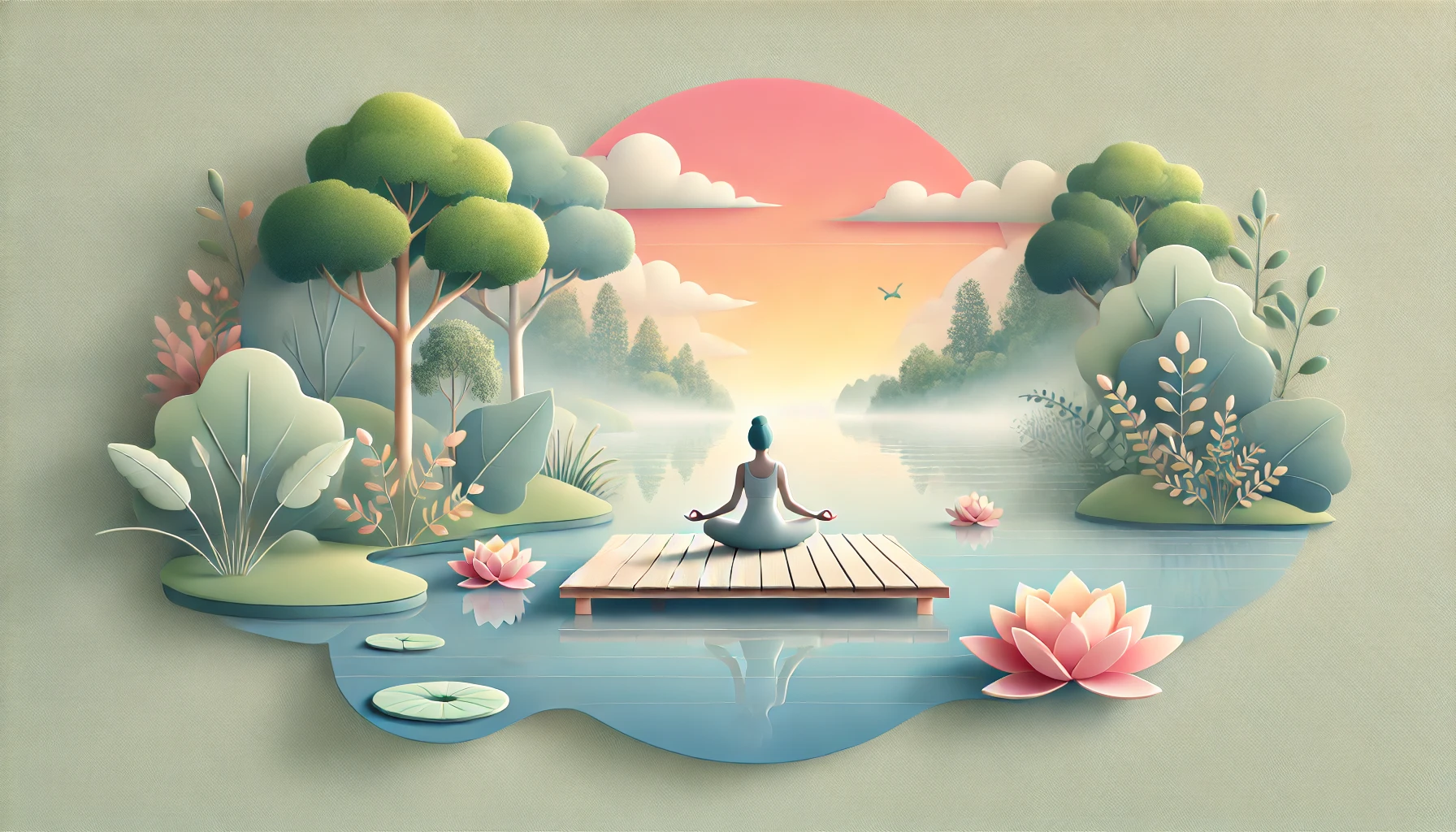In the vast expanse of yogic wisdom, Antar Mouna—“Inner Silence”—stands as a luminous beacon. This ancient meditative practice from the Tantric tradition invites seekers to journey into the depths of their consciousness, peeling away the layers of external noise and internal chaos to uncover the serene stillness within.
Antar Mouna is not merely the absence of sound; it is the profound art of cultivating awareness amidst the cacophony of life. It begins by observing the mind, an untamed ocean of thoughts, emotions, and memories. The practitioner, with humility and patience, becomes a witness to this inner storm, neither suppressing nor engaging but allowing each wave to rise and fall naturally.
The practice unfolds in stages, each a delicate step toward self-realization. Initially, one tunes into external sensory impressions—sounds, sights, and sensations—training the mind to remain anchored in the present. Gradually, attention shifts inward, observing the flow of thoughts without judgment. This unbiased witnessing transforms the mind, dissolving its grip over the practitioner and creating space for inner clarity.
As the layers of mental chatter thin, the practitioner encounters the silence beneath—the Antar Mouna. It is not an empty void but a vibrant stillness where wisdom and creativity reside. Here, one experiences the truth of existence, unclouded by distraction or delusion.
Antar Mouna is not confined to the meditation cushion. Its teachings ripple into daily life, fostering mindfulness, emotional resilience, and a deeper connection with oneself and others. It offers a sanctuary amid life’s turbulence, reminding us that silence is not absence but presence—the presence of peace, the presence of being.
This practice is both a gift and a responsibility, requiring dedication and reverence. It is not about perfection but perseverance, a humble surrender to the journey inward. Antar Mouna whispers to us that the silence we seek is already within, patiently waiting to be heard.
In this sacred silence, we find ourselves whole—undivided, unbroken, and free.

Leave a Reply